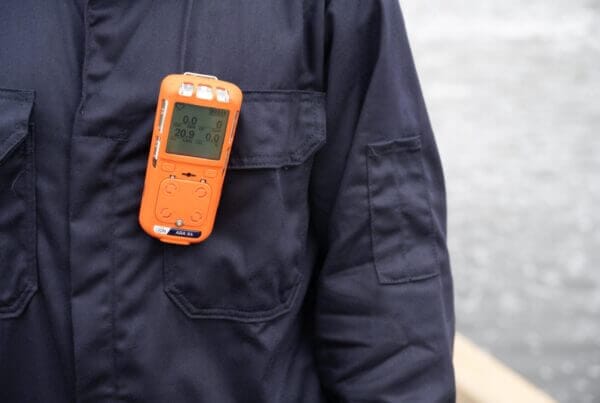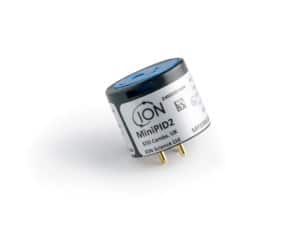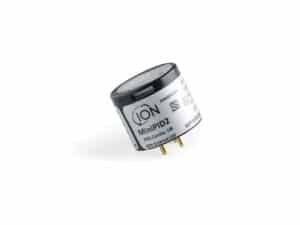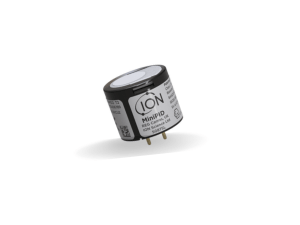
Monitoring Benzene exposure: Choosing the right solution for safety and health
As a common carcinogen found in many industrial applications, there is a need to protect against benzene exposure for workers, the public and the environment. It is essential to choose detection instrumentation that is designed specifically to monitor benzene. Due to its hazardous nature, it is not something that should be underestimated, and it must be carefully monitored to mitigate the risk of exposure. ION Science offer world-leading technology for the improvement of air quality and protection of worker health with its benzene specific gas monitor, the Titan.
Businesses that utilise benzene in their production or handle it as a by-product of their activity must assess and manage the risk of exposure in the workplace. It is a legal requirement as set out in directives specifically introduced by the European Agency for Safety and Health at Work for the management of carcinogens (such as benzene) at work. There are several ways to adhere to regulations, such as limiting the quantity of carcinogens present, keeping exposure levels low through regular and accurate measurement, and using individual or collective protection methods, such as personal protective equipment (PPE), and gas detection instrumentation like the Titan.
To ensure the safety of the public and the protection of the environment and wildlife, if benzene exposure is a risk, it must be dealt with efficiently and to the highest standards of industrial hygiene. Benzene poses a risk to individual and environmental health. If a person is exposed, even in the short term, it can lead to vomiting, dizziness, chest pain, respiratory irritation, and headaches. Long term damage from exposure can include organ and nervous system damage and cancers. From an environmental perspective, benzene exposure can be a threat to soil and water quality, affecting wildlife, plants, and water systems.
ION Science, the UK’s leading OEM for PID (photoionisation detection) technology, VOC (volatile organic compound) gas analysis, and monitoring, is an expert in protecting against benzene exposure. Working with a variety of industries that use benzene, ION Science has developed an experienced team who are able to advise, protect and manage benzene exposure in a range of situations.
Unlike other health and safety issues that are managed by risk assessments, benzene exposure can only be determined by monitoring. Photoionisation monitoring solutions have proven to be the ideal tool. PID can be used in fixed, portable, and personal methods; combining the solutions provides complete worker and environmental protection.
ION Science’s benzene-specific Titan, as the leading continuous benzene gas detector, is fast and accurate with monitoring down to 0.1 ppm, providing the best protection against benzene exposure with minute-to-minute sampling. Titan can operate without compromise at extreme temperatures and humidity (0-100% relative humidity), making it applicable in factories and laboratories where there are often difficult working environments, and allowing for robust, continuous real-time data to be collated.
The Titan fixed monitor provides an immediate warning alarm system with two operator configurable levels, ensuring workers are kept safe and protected to the standards required on site. It is service free for six months for ease of use and is equipped with a 10.6 eV lamp and award winning PID sensor. The Titan is certified to ATEX, IECEx and North American standards.
For Health and Safety Officers, Occupational Hygienists, and government-responsible bodies (such as The Environment Agency), this kind of technological development means it’s possible to monitor accurately and implement measures early – both of which are essential in the protection of health and environmental standards.
ION Science provide a portfolio of portable, personal and fixed PID detection instruments for the rapid, accurate detection of volatile organic compounds (VOCs).
For press enquiries please contact: Hannah Albone hannah.albone@cogent.co.uk or 07483047567, alternatively contact David Leatham David.leatham@cogent.co.uk or 07483 071 833.
Download your Gas Factsheet
Find out more about benzene and ION Science’s industry leading range of Benzene detection solutions by simply clicking below to obtain your Gas Factsheet on “Benzene”.








 United Kingdom
United Kingdom






